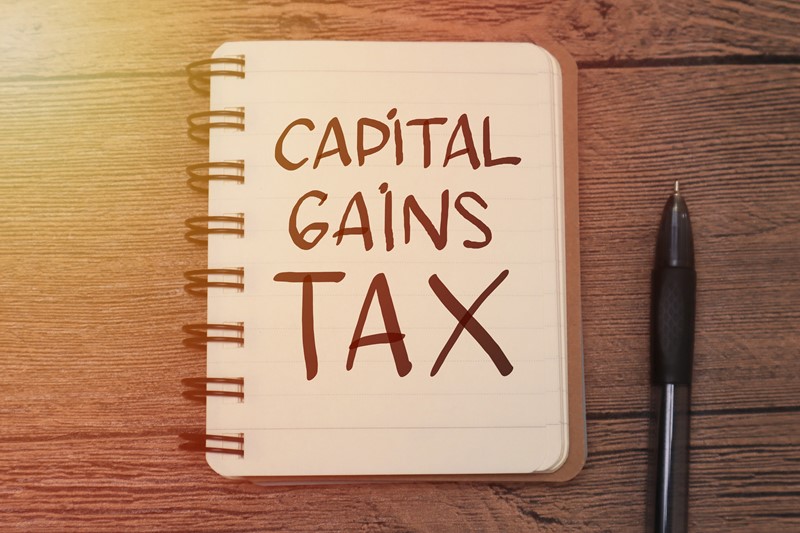Business Asset Rollover Relief also known as CGT Rollover Relief allows for deferral of Capital Gains Tax (CGT) on gains made when taxpayers sell or dispose of certain assets and use all or part of the proceeds to buy new business assets. The relief means that the tax on the gain of the old asset is postponed. The amount of the gain is effectively rolled over into the cost of the new asset and any CGT liability is deferred until the new asset is sold.
Where only part of the proceeds from the sale of the old asset are used to buy a new asset a partial rollover claim can be made. It is also possible to claim for provisional rollover relief where the taxpayer expects to buy new assets but has not done so when the returns are made to HMRC. Interestingly, rollover relief can also be claimed if taxpayers use the proceeds from the sale of the old asset to improve assets they already own. The total amount of rollover relief is dependent on the total amount reinvested to purchase new assets.
There are qualifying conditions to be met to ensure entitlement to any relief. This includes ensuring that new assets are purchased within three years of selling or disposing of the old asset (or up to one year prior to the sale). Under certain circumstances, HMRC has the discretion to extend these time limits. In addition, both the old and new assets must be used by your business and the business must be trading when you sell the old assets and buy the new assets. Taxpayers must claim relief within four years of the end of the tax year when they bought the new asset (or sold the old one, if that happened at a later date).



Recent Comments